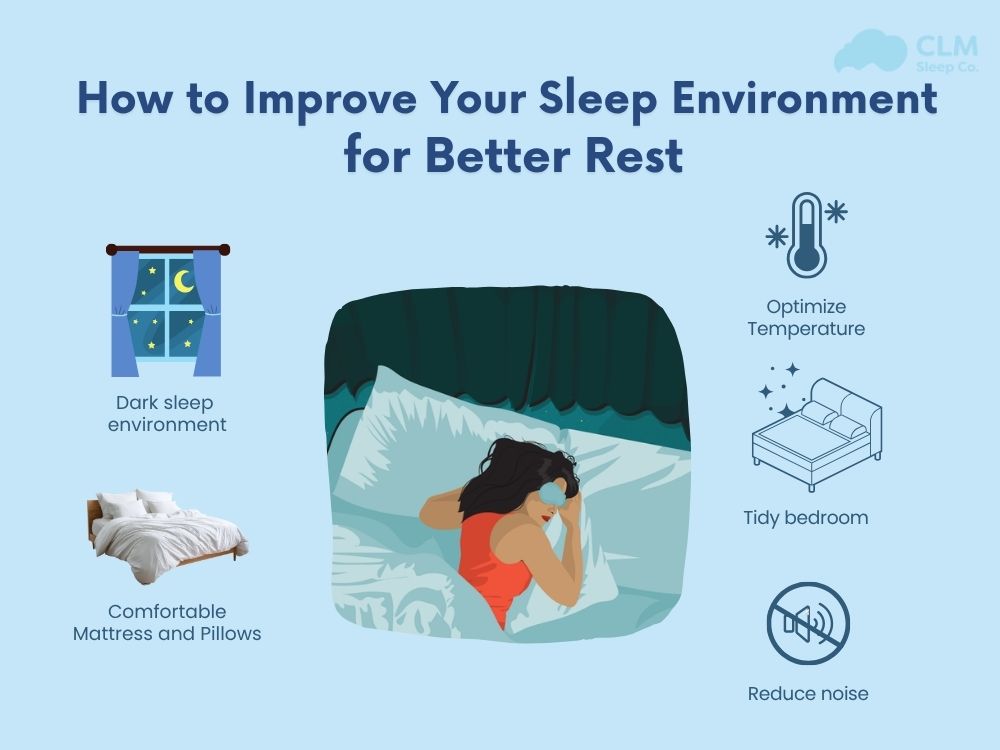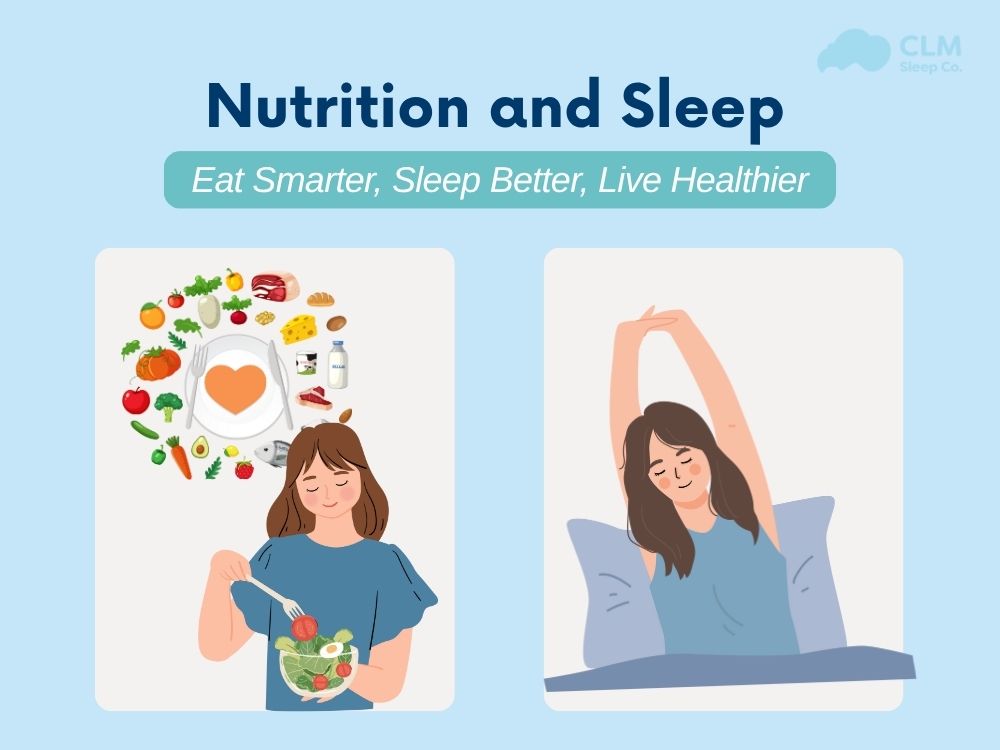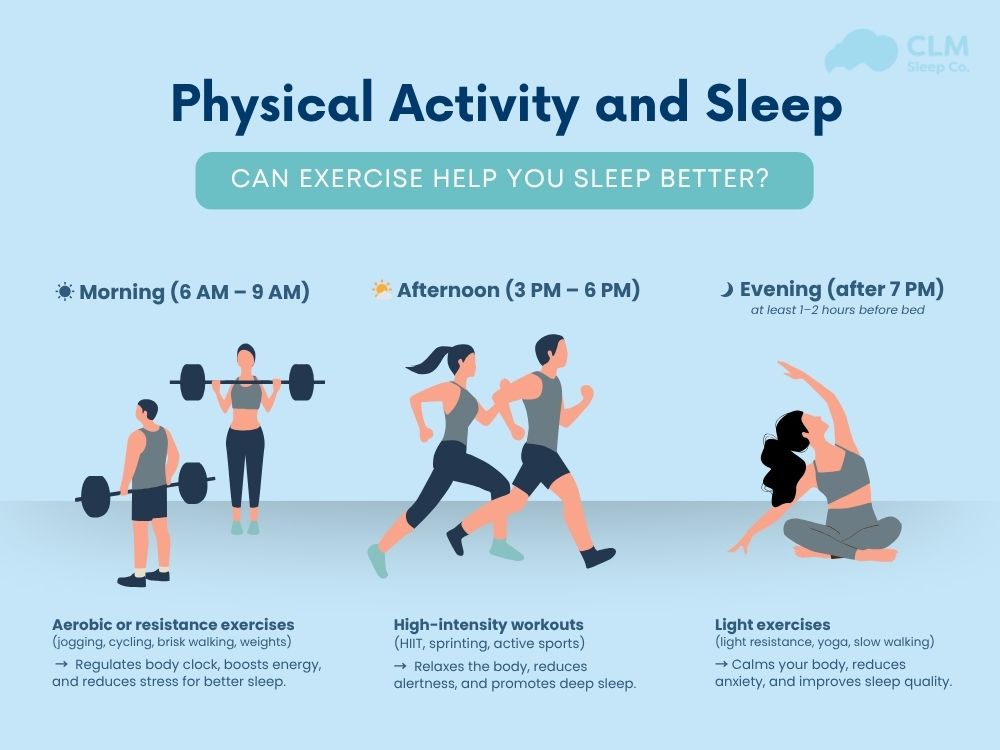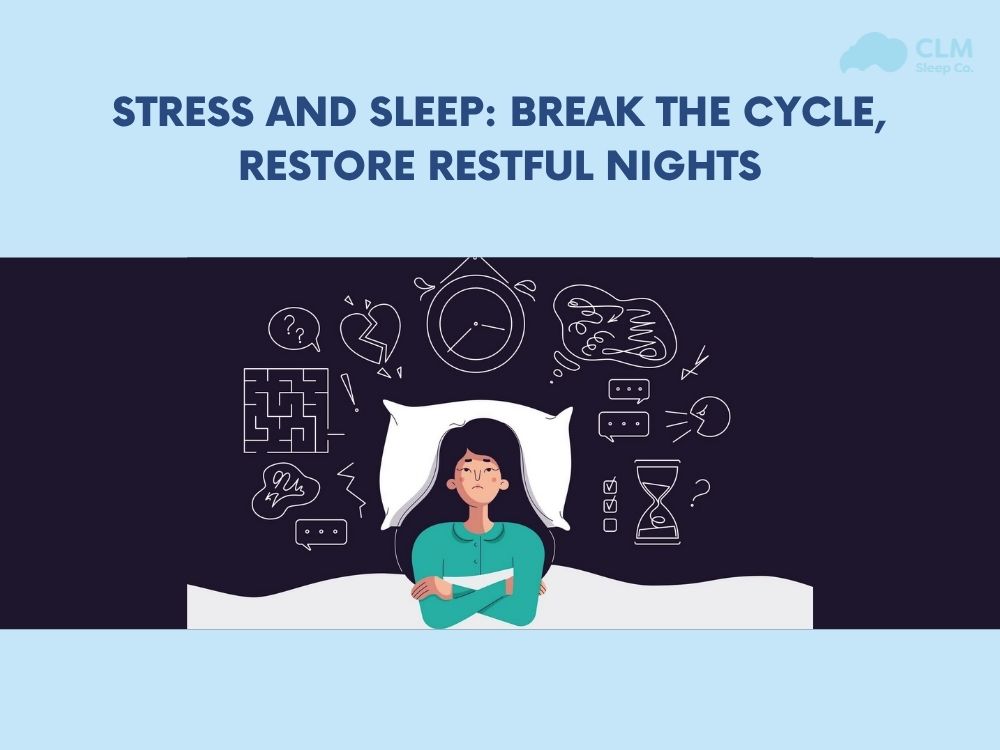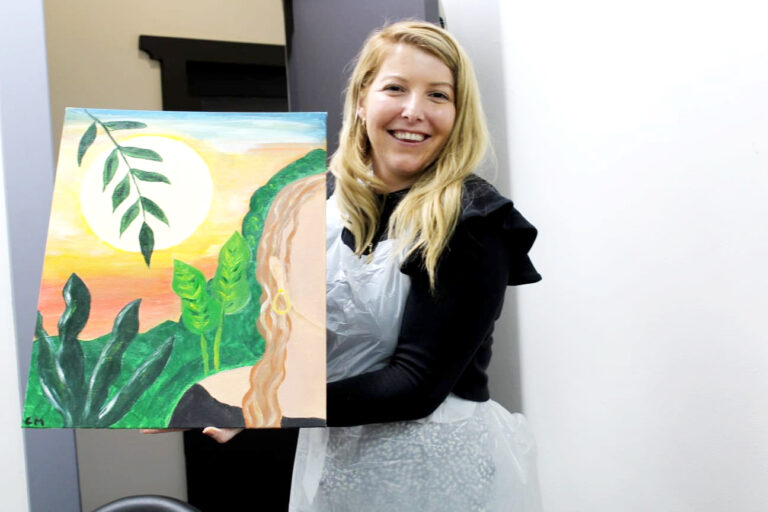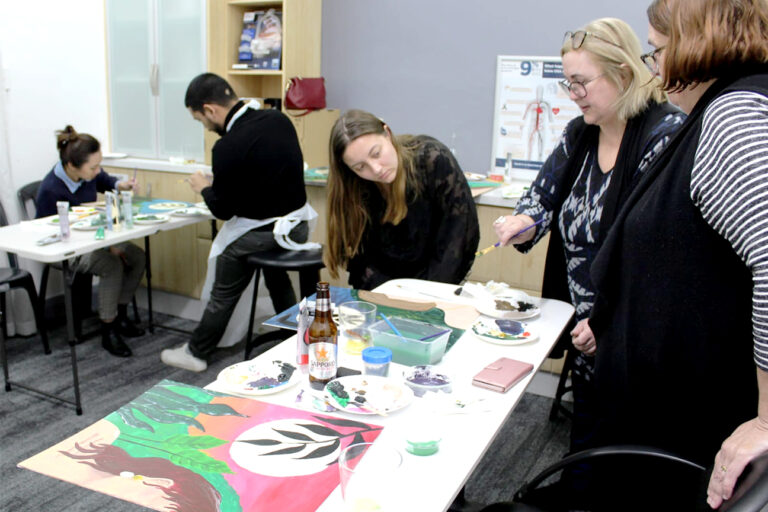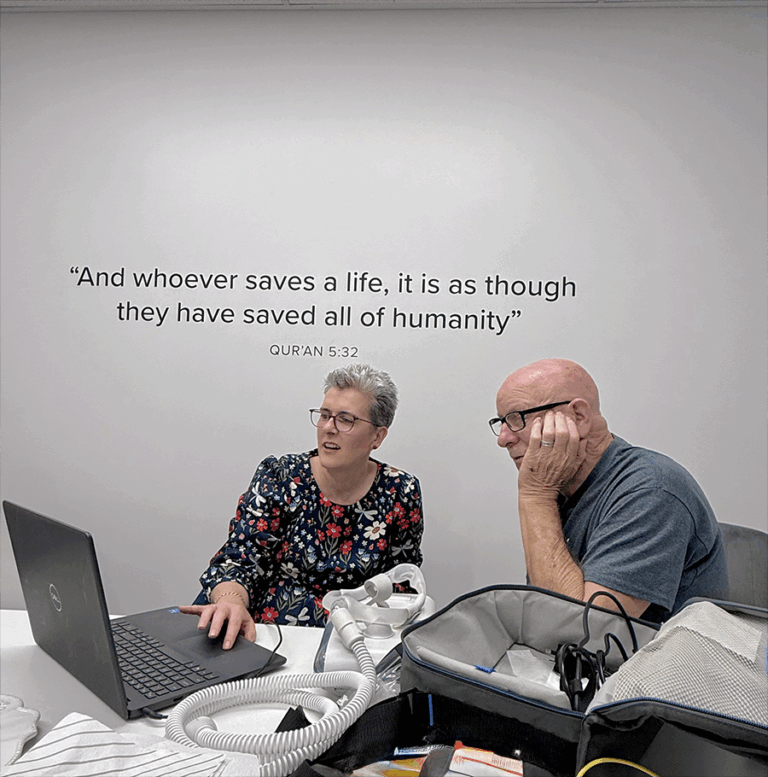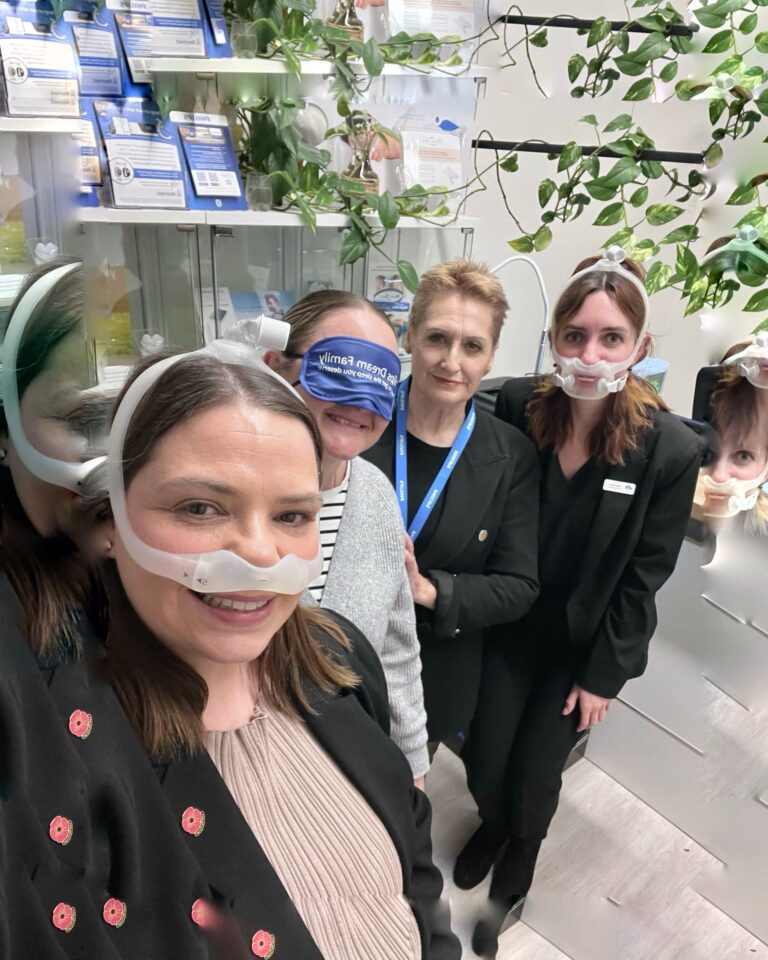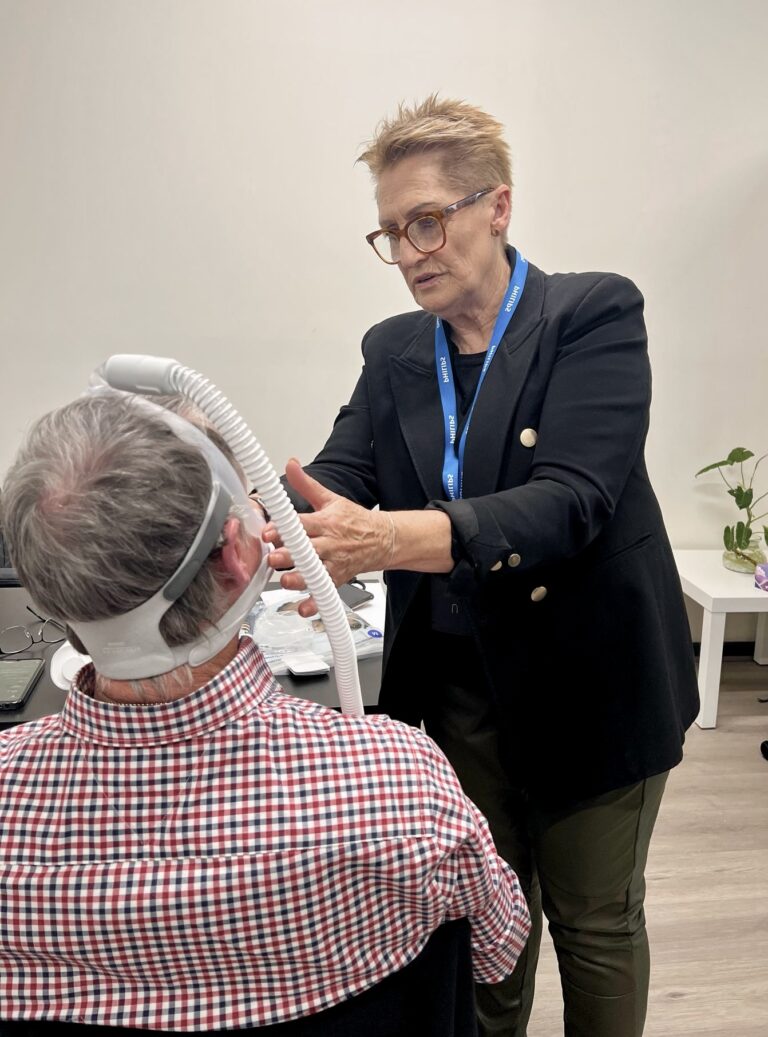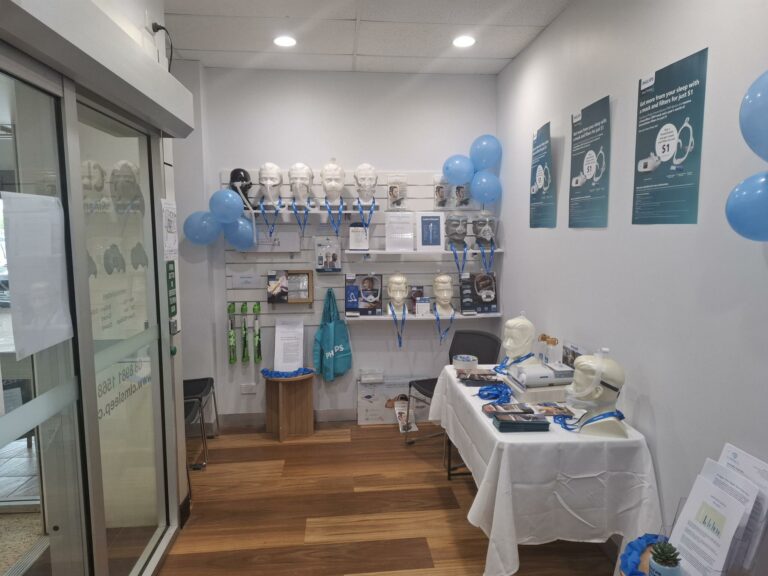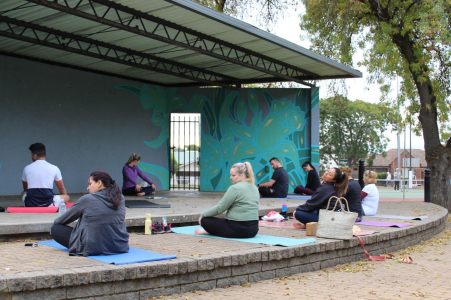Sleep quality has everything to do with not just the duration of sleep but the place where one sleeps. This enables the body to stay relaxed, enhances your mood, and promotes deep, restorative sleep. Noise, light, or even stuffy air can all spoil the party when it comes to getting some shut-eye. Reading and fine-tuning your environment is the first big step toward proper sleep hygiene and better overall health.
What Is the Sleep Environment?
The ambient environment refers to all those physical and sensory factors that have an impact on the quality of sleep, including lighting, noise, temperature, bedding, and air quality in a room. All these factors may interact with your body’s circadian rhythm in helping you get into sleep much easily and deepen it.
What Is a Good Sleep Environment?
A good sleep environment is dark, quiet, and cool. It creates a relaxing atmosphere that allows the body to release melatonin and transition naturally into sleep. The ideal temperature range is 18–22°C (65–72°F), and the mattress should provide even support for your back and neck. Comfortable bedding, soft lighting, and a clean space all encourage calmness and rest.
Read more: Stages of sleep
What Is a Poor Sleep Environment?
A poor sleep environment disrupts your ease of getting good sleep: your room can be too bright or noisy, cluttered or not soothing because all these factors keep your body from fully relaxing. Phones and television also put you at a disadvantage for healthy sleep. This is because the light coming from these devices results in melatonin blockade, causing a mix-up in your body’s actual sleep timetable.

Read more: How to Adjust Quickly to Daylight Saving Time in Australia for Better Sleep
Key Factors That Affect Sleep Environment
An optimal sleep environment is so much more than just a comfortable bed. Physical and sensory factors influence how quickly you fall asleep and how well you reach deep sleep. Learn them to enhance your sleep hygiene and enjoy sound, consistent quality rest.
Light Exposure
Your body’s internal clock, or circadian rhythm, responds strongly to light and darkness. During the day, sunlight triggers cortisol production to keep you alert. As night falls, darkness stimulates melatonin release, helping you relax and fall asleep.
Exposure to artificial light, especially blue light from phones, TVs, or laptops, can delay melatonin production and make it harder to drift off. To improve sleep quality:
- Avoid screens at least one hour before bed.
- Use dim, warm lighting, not bright LEDs.
- Consider putting up blackout curtains to help block any kind of ambient light coming from outside.
It helps to signify to your brain that it is indeed time to rest, helping you fall asleep more swiftly, into a deeper rest.
Noise Levels
Noise is yet another substantial disjunctive element of sleep continuity. Even low sounds can cause micro-awakenings or shuffle you into lighter sleep stages. Over time, this fragmentation accrues in both psychological and physiological health.
To reduce disruptions:
- Block external sounds with noise-proof curtains or rugs.
- Use earplugs, a fan, or a white noise machine for consistent background sound.
- Try soft ambient music (e.g., rain or waves) or nature sounds.
It helps your mind calm down in a steady sound environment and ensures longer, more restorative sleep.
Temperature
Body temperature naturally drops at the beginning of the sleep cycle to signal rest. A cool room supports this process, while excess heat or cold can lead to discomfort and frequent awakenings.
The optimal bedroom temperature for most adults is around 65°F (18°C). However, individual preferences vary:
- If you feel cold, add an extra blanket or wear soft layers.
- If you’re too warm, use lightweight, breathable fabrics like cotton or linen.
- During summer, use a fan or open a window for ventilation.
Maintaining a slightly cool environment helps your body regulate its core temperature, supporting deeper, uninterrupted sleep.
Bedding and Mattress
Your mattress and bedding directly affect posture, comfort, and relaxation. A supportive mattress maintains spinal alignment and reduces pressure points, while poor bedding can cause back pain or stiffness.
Choose materials that suit your sleep style:
- Memory foam contours to your body, while latex and hybrid mattresses offer balanced support.
- Replace your mattress every 7–10 years for best comfort.
- Use pillows that keep your neck neutral and sheets made from breathable fabrics such as cotton or bamboo.
Clean, well-maintained bedding prevents allergens like dust mites and contributes to a fresh, calming sleep space.
Air Quality and Humidity
Clean air and balanced humidity improve breathing and prevent dryness or congestion. Ideally, keep indoor humidity between 40% and 60%.
Simple ways to enhance air quality include:
- Opening windows for ventilation.
- Using an air purifier to remove dust and allergens.
- Adding houseplants or an essential oil diffuser with relaxing scents such as lavender or chamomile.
Good airflow and pleasant scents make your bedroom feel fresher and more peaceful, ideal for falling asleep faster and staying asleep longer.
How to Create a Good Sleep Environment
Making the dream place for sleeping is not only about the good side of the bed but also about the making of the habits and the environment around you that tell your body it is appropriate to sleep. Improve your sleep hygiene by following these science-backed steps, and you will enjoy better quality sleep.
Establish a Consistent Bedtime Routine
A fixed bedtime rush acts as a signal for your body that it is time to go to sleep. Try to sleep and wake up at the same hour every single day, even during weekends. Add soothing nightly practices such as stretching, reading, or listening to quiet music besides your bed.
Limit Blue Light on Sleep
Blue light from screens is one of the biggest enemies of sleep. Turn off or dim electronic devices at least one hour before bed. If necessary, use blue light filters or switch your phone to night mode.
Avoid Caffeine and Sleep Disruptors
Caffeine can stay in your system for up to eight hours. Avoid coffee, tea, chocolate, or energy drinks after mid-afternoon. Alcohol may make you feel sleepy, but it can reduce the duration of REM sleep, leading to poor rest.
Manage Stress and Sleep Quality
Stress increases cortisol levels, which keep your body alert. To manage stress and sleep better, try meditation, breathing exercises, or gentle yoga before bedtime. Writing down your thoughts can also help clear your mind.
Declutter Your Bedroom
A tidy room helps your brain feel calm. Remove unnecessary items, especially work-related materials or electronics. Keep the space simple, with soothing colors and soft lighting.
Invest in Sleep Essentials
High-quality sleep tools can make a big difference. Use blackout curtains to block external light, earplugs to reduce noise, and a supportive mattress for maximum comfort.
Maintain Good Air Circulation
Fresh air prevents stuffiness and promotes healthy oxygen flow. If you live in a polluted area, consider using an air purifier or humidifier to balance the air quality and moisture level.
Implementing these steps helps strengthen sleep hygiene and ensures deeper, more restorative rest.
Conclusion
A healthy sleep environment is essential for deep and refreshing rest. By managing light, temperature, air quality, and stress, you can create a peaceful space that supports natural sleep cycles. Pair these adjustments with a consistent bedtime routine to improve both physical and mental health. If you continue facing sleep difficulties, contact CLM for a FREE consultation and receive expert advice tailored to your sleep needs.
